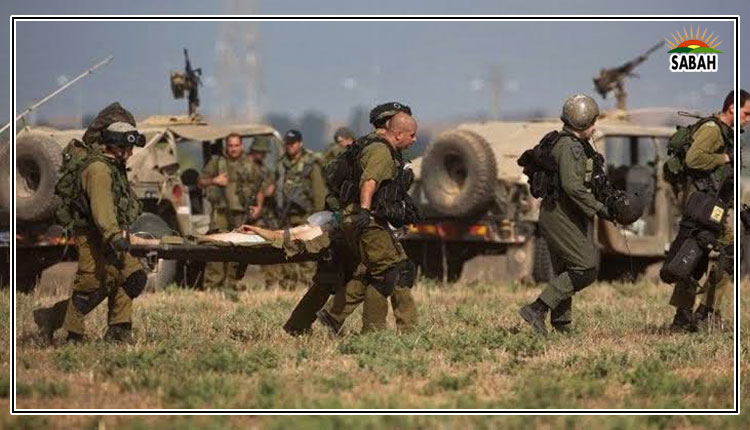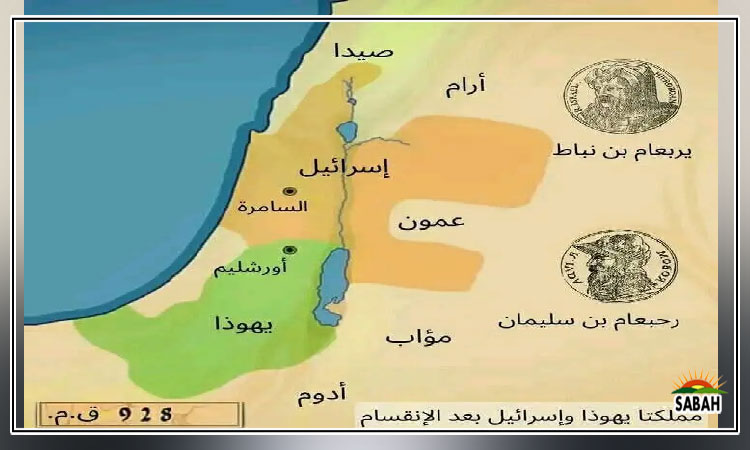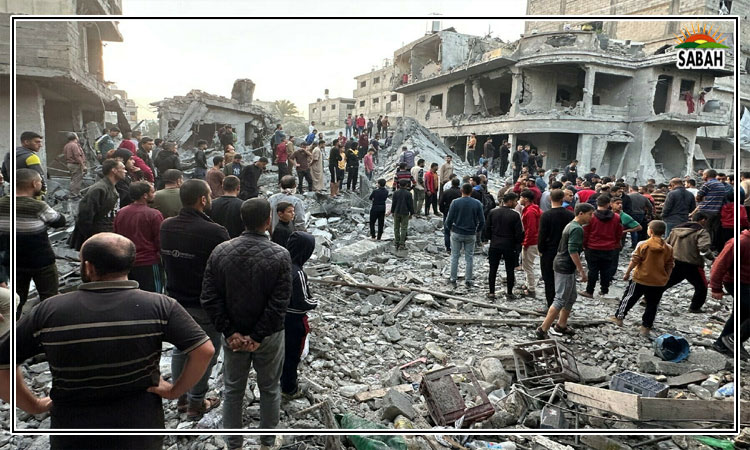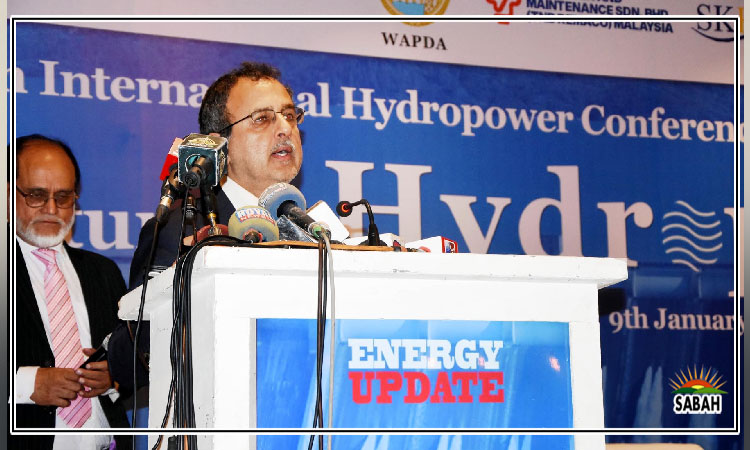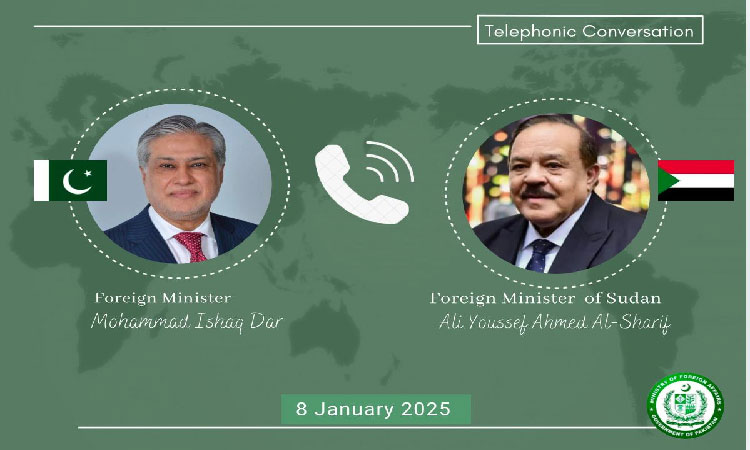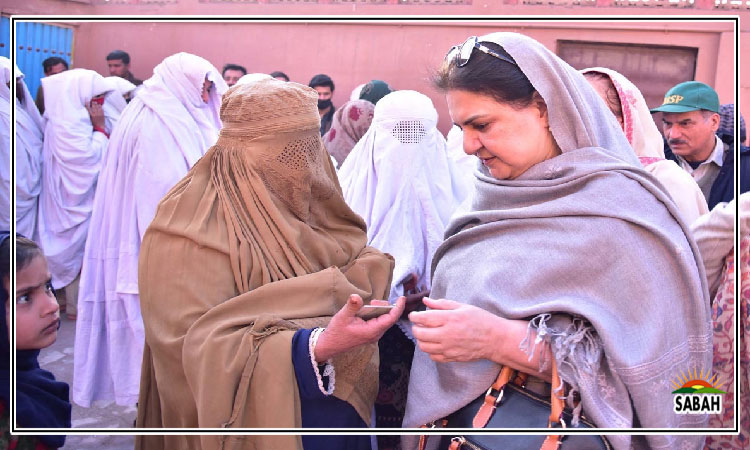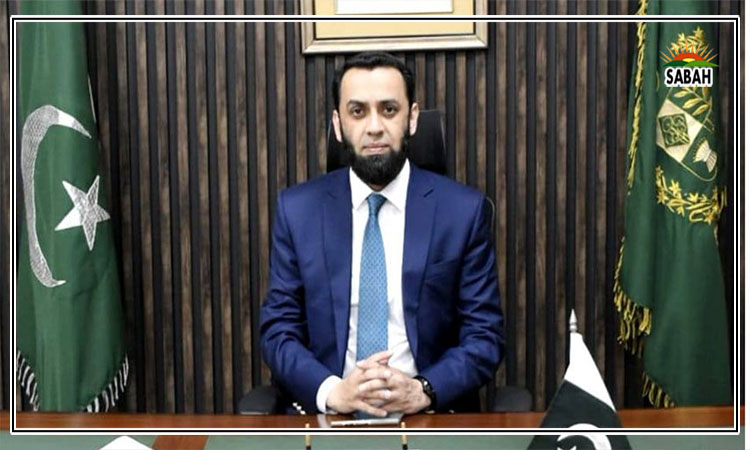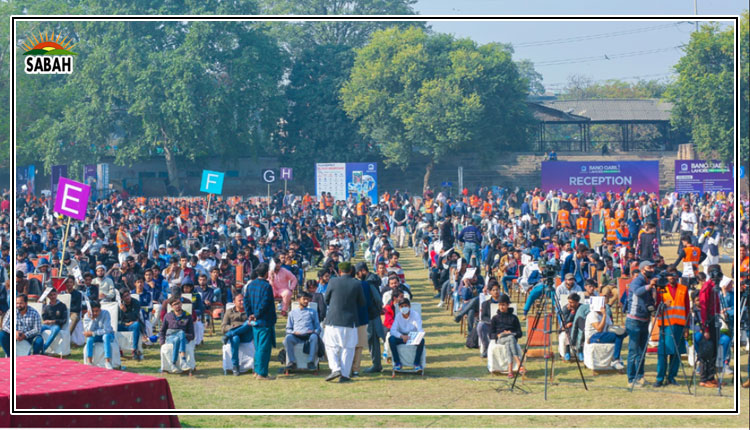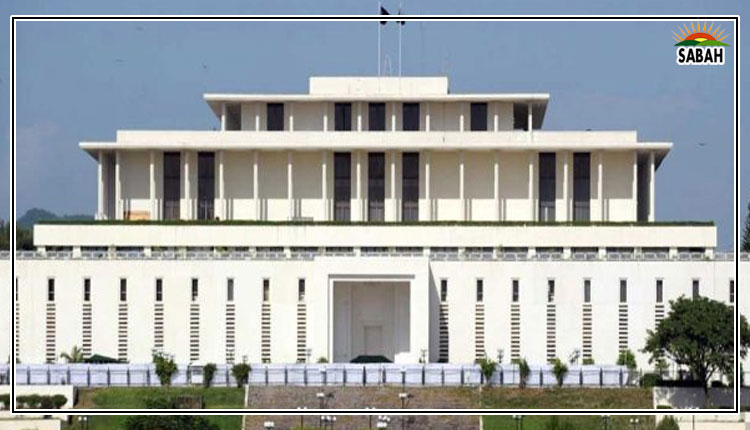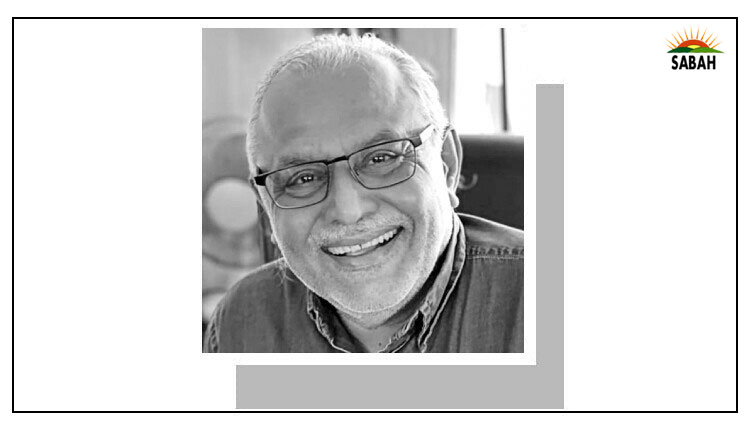PTI and the art of the possible…Abbas Nasir
BY the time you read these lines Pakistan will have a new president in the person of Asif Ali Zardari, cementing further the status quo resulting from the disputed Feb 8 election result. Unless it can muster huge support on the streets, the opposition too will settle down to carrying out protests in parliament and long-drawn-out legal battles.
As we speak, there are allegations of widespread electoral malpractices supported by evidence that innumerable Form 45s which are supposed to indicate the final count at each polling station, certified by polling agents of all contestants, and uploaded by the Election Commission of Pakistan (ECP) on its website show significant, and crudely done, overwriting and alterations.
The ECP has come in for considerable flak, and with justification, for the delayed results on election day and also for missing deadlines for posting Form 45s and Form 47s, which show the consolidated results based on Form 45. But our sad experience is that once a government takes office, it takes ages to address the grievances of parties and candidates declared unsuccessful.
The example of Qasim Suri, the deputy Speaker of the last National Assembly, is very relevant because there were serious flaws in how his election result was tabulated and announced but he stayed a member of the Assembly for its entire term on a court stay order, besides being one of its guardians/ stewards for more than three years.
Making decisions based on poor counsel spelt disaster for the PTI in more ways than one.
I am aware that many of the readers are sensitive to any mention of the 2018 election and its comparison with the most recent exercise, but any discussion has to be informed by precedent and real examples from the past. Citing past examples is by no means an attempt to justify any wrong today but more to spotlight the rather sad state of our democracy.
So, what can the PTI do? Its options arent endless and one of the major limiting factors would be its relations with the countrys powerful establishment. In the 2018 elections, it saw what the establishment could deliver when the party was dragged over the finish line and ushered into government.
After the oft-quoted same page, its harmonious relations with the military nosedived when the ambitions of the then army chief clashed with the game plan of the prime minister he had helped to install in office. In the Pakistan experience, in any such tussle, there is usually just one winner.
All that is in the past. A recent PTI decision seems to suggest that it is prepared to learn from its own mistakes. For one, it has now distanced itself from the main instigators of the May 9 events. The two instigators seemed to have led the PTI leadership up the garden path.
It seems that junior ex-military officers/ vloggers led the party into believing that it had sufficient support within the establishment to trigger a revolt in the event of any crackdown against its leadership. In fact, one of them was doing a YouTube running commentary on May 9 and seemed to have assumed the role of a commissar/ field commander, directing his cadres where to go, what to target, even giving them the home address of one security official.
There can be no denying Imran Khan has support in the country and, by the same token, within the establishment. But had these ex-officers even commanded a battalion, let alone a brigade/ division or a corps-level body of troops, they would have known how the central command structure of the army works and how such revolts dont and cant happen.
Making decisions based on such poor counsel spelt disaster for the PTI in more ways than one. The first was that it created an unbridgeable gulf between the current military leadership and the PTI. It also led to a brutal crackdown that degraded the partys organisational structure.
It is clear that the party would have been much better served by keeping its powder dry then and putting it to better use post-election by taking its protests to the streets and agitating in large numbers to be heard. It seems after braving months of a crackdown the party cadres are in no position to exert such pressure.
While the PTI is reviewing some of its policies, one that could do with a review more than the others is the partys refusal to engage with political forces in the country. Stolen mandate or not, it has to show a willingness and flexibility to talk to other political forces.
It may have preferred to engage with just the establishment in the belief that nobody else had the means or the power to prise open and hold the door to power for it. But as things stand, it is clear that for its part, the establishment isnt interested in talking to the PTI. One indication was the recent statement issued after the Corps Commanders Conference where the institution threw its weight behind the new government.
I believe the party has chosen the right strategy by staying in parliament and not leaving the field open for the hybrid set-up to do as it pleases. After all, the parties now in government also stayed in the system when the PTI was part of the hybrid set-up. That presence enabled them to launch a bid for government backed by the then army chief and to continue in power to this day.
By the same token, the Imran Khan-led party should examine what can emerge from an engagement with other political parties. It has long taken the public stance that all major parties apart from PTI are chor, daku (thieves, robbers), but to use a clich politics is the art of the possible.
It is time the cornered tiger, as supporters fondly call Imran Khan, tried to assess if a change in strategy will deliver dividends such as meaningful electoral reforms so that nobodys mandate can be stolen. Perhaps his unsuccessful presidential candidate Mahmood Khan Achakzai can serve as a bridge and facilitate dialogue.
Courtesy Dawn


